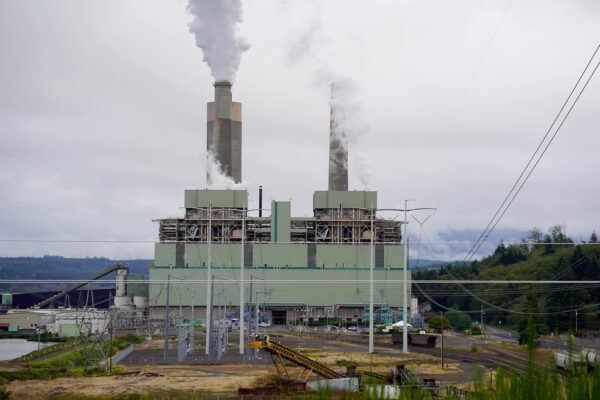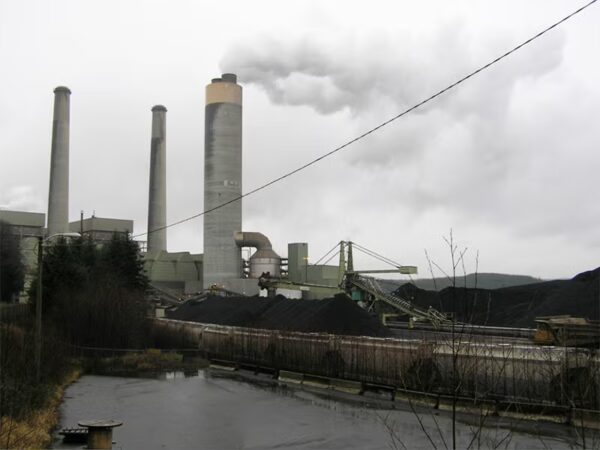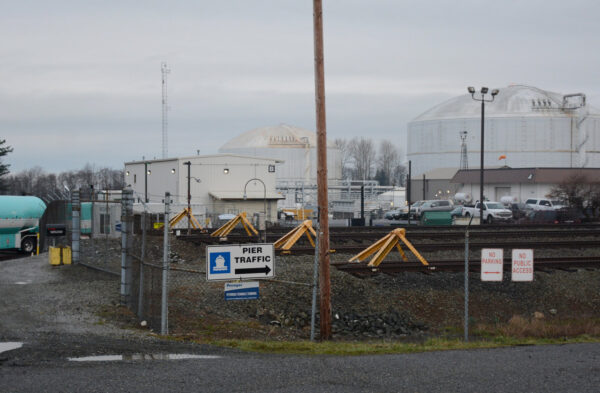In the 1940s through the 1960s, air quality in Los Angeles was so bad that smog on many days blocked out the famous Hollywood sign. Across California and the rest of the country, air pollution was causing respiratory and other illnesses and damaging the environment. After California set the country’s first tailpipe emission standards in 1966, the federal government soon followed. In recognition of the state’s early action, Congress authorized it to set its own separate, stricter standards. Since then, all other states have had a choice: adopt federal vehicle emission standards, or California’s stricter rules. Eventually, 17 states would adopt some, or all, of California’s regulations—including Washington.
Over the last 50 years, the market clout of these states—If California alone were a country, it would have the world’s fourth largest economy—has pushed automakers to do the right thing. They have created cars and trucks that are cleaner and more fuel-efficient, even as people flocked to buy crossovers and SUVs. This has been good for people and the planet. It also helps combat climate change, since transportation is responsible for about 30% of greenhouse gas emissions nationwide.
Now, the Trump administration and GOP lawmakers in Congress are trying to throw all that progress out the window. In June, the president signed Congressional Review Act resolutions to repeal California’s three most recent vehicle emission standards. These resolutions were narrowly jammed through the House and Senate, flouting decisions by the nonpartisan Government Accountability Office and the Senate Parliamentarian that Congress had no authority to do so.
Separately, MAGA Republicans are seeking to gut national fuel efficiency standards by zeroing out fines as part of their reconciliation bill (what some call the “Big Ugly Bill”) for not meeting the standards. With no penalties, the efficiency standards become meaningless. On top of that, the reconciliation bill would terminate nearly all federal clean energy investments, raising the price of gasoline by between 25 cents and 37 cents per gallon and costing households more than $400 billion on energy over the next decade.
That’s grim. But here’s the thing: State leaders are not backing down.
In Washington, during the state legislative session that just ended, legislators resisted industry efforts to delay our Advanced Clean Trucks rules. They protected programs that will make it easier for truck drivers to switch to EVs or more efficient conventional vehicles, preserving $126 million for this even in a very tough budget year. This illustrates how organized advocacy matters. Each year, a group of 28 environmental organizations called the Environmental Priorities Coalition (EPC) agree on priorities to advance during Washington’s legislative session. Washington Conservation Action is a proud member of the EPC, and this year protecting the Advanced Clean Trucks Rule was one of these winning priorities.
And now that these same standards are under attack by the federal government, Washington has joined with 10 other states in a lawsuit challenging this illegal power grab. Thanks to the leadership of Governor Bob Ferguson, Attorney General Nick Brown, Department of Ecology Director Casey Sixkiller, and many state agency staff, Washington is continuing to move forward with progress toward cleaner air and reduced greenhouse gas emissions. This shows how much electing environmental champions matters. Washington Conservation Action endorsed both Ferguson and Brown in their 2024 races and actively campaigned for their election.
While this legal challenge moves forward, California, Washington and other states have temporarily paused enforcement of the three emissions rules under threat. During this pause, Washington will continue its ongoing the rulemaking to update two of these standards: Advanced Clean Trucks and another rule that will dramatically reduce tailpipe pollution from heavy-duty vehicles.
“Washington is showing strong leadership,” says Caitlin Krenn, Washington Conservation Action’s director of climate & clean energy. “Our leaders understand the urgent need for clean air and reduced climate pollution, and the importance of state action at this moment.
“Our clean air laws have been wildly successful in reducing pollution that harms human health and the environment, and they have become foundational to climate progress,” explains WCA’s Krenn. “It will be very difficult to meet our climate goals without strong vehicle emission standards. But, ultimately, they rest on federal authority.”
It’s not just about smog. It’s not just about zero-emissions vehicles. It’s about meeting our needs without tipping the climate into further chaos, without destroying wilderness areas and dealing with oil spills and health problems caused by the fossil fuel economy.
Is that worth fighting for? Washington and other states are showing that when we fight, we can keep moving forward despite many obstacles. Washington Conservation Action formed in 1967 – the same year Washington passed its landmark state Clean Air Act. We’ve been in this fight since the very beginning, and we’re not backing down!
Your donation ensures a sustainable future.


